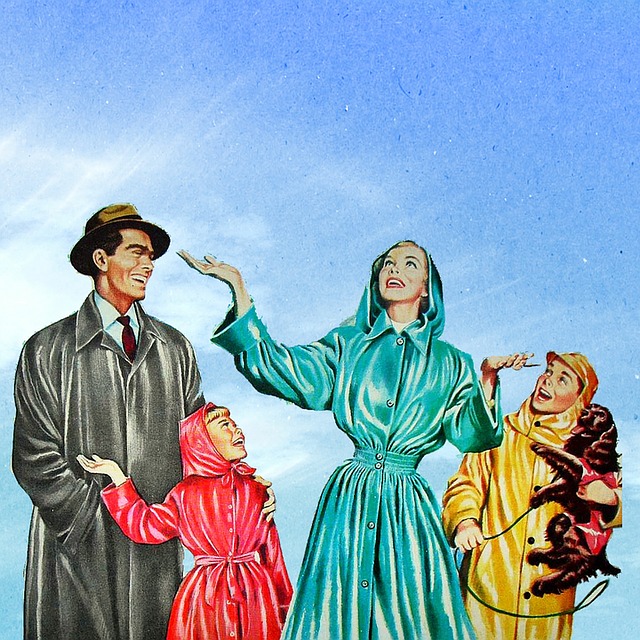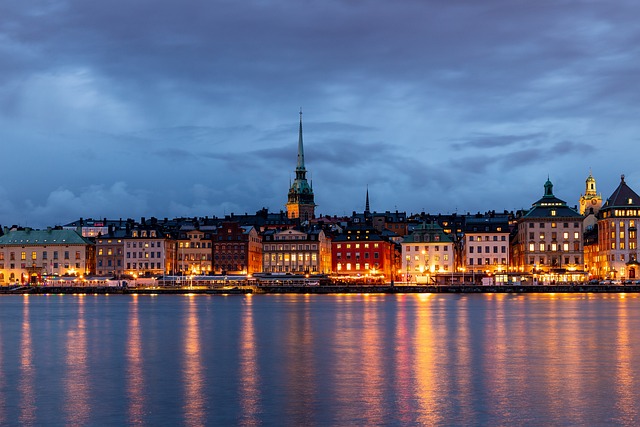 Historically, of course, the idea of governing a diverse society with many different ethnicities is nothing new. Romans, Greeks, Ottomans and Habsburgs have tried, and indeed succeeded, in keeping it stable for hundreds of years.
Historically, of course, the idea of governing a diverse society with many different ethnicities is nothing new. Romans, Greeks, Ottomans and Habsburgs have tried, and indeed succeeded, in keeping it stable for hundreds of years.
It is a kind of oscillation between a strict authoritarian state and looser local self-government. The imperial power rarely interferes in local affairs, partly because it does not have the resources to mediate all the strange local conflicts, and partly because it does not want to create disorder and rebellion through ignorance of regional petty disputes. Peace and stability are desirable.
On the other hand, if the local population directly attacks the imperial power, the punishment will be relentless and severe. Or if a region is unable to maintain order itself, the government may send in troops, again with harsh and brutal crackdowns, often to set an example to other regions. If you burn down a village as a warning example, you often don’t have to burn down more.
These oscillations between freedom and authority have, of course, gone in different directions depending on the empire we are talking about, the era, and whether we are in war or peace.
Often the different ethnic groups have a local leader, let’s call him an ethnarch. He speaks for the population to the higher power. And if crimes are committed locally, it is the ethnarch’s responsibility to investigate and punish the offence. Of course, there can be local rules and laws, as long as they do not contradict the overall imperial laws. This gives us a variety of local communities that may differ in religion, with different dialects, languages, customs, practices and even dress. Mixed societies are more rare, often with different ethnicities pulling in different directions.
The main tasks of the imperial power are to maintain a dialogue with the various ethnarchs, collect taxes, and manage the country’s military resources.
In times of war, imperial power is perceived as harsh and restrictive, as each ethnarch is tasked with recruiting local men for military service. Or if government finances are in disarray, the regions are forced to pay more taxes, which has always been seen as unjust.
In times of peace and good government finances, it is conceivable that the ordinary citizen has no significant contact with authorities other than his own ethnarchy; imperial power is distant and not particularly intrusive.
Arming citizens, as in the US, is also seen as a way of creating order in a multi-ethnic nation. The US was a fairly homogenous Christian country (made up of descendants of Europeans, mostly British) when the Constitution and gun laws were written. The American Indians had a low status and were not included in the organisation of society. The fact that the settlers carried guns was natural in the wilderness, and in the long run contributed to the defeat of the indigenous population. However, in a more egalitarian, multi-ethnic country where there is no obvious and dominant ethnicity, general armament can lead to armed conflicts between the different groups.
The difference between our own time and that of ancient empires is, of course, technological development. Today, citizens can be controlled in a completely different way.
Ancient empires did not interfere in the affairs of the common people, partly because it was time-consuming and partly because it could create discontent. Too much pressure could be counterproductive, with negative effects on harvests and production. As long as farmers behaved themselves, paid taxes, and sent some sons to the military, they were – often – left alone to manage their land and business.
This is no longer the case today. Technological advances in information technology allow governments to monitor and eavesdrop on people, especially on internet activity, which now often includes correspondence, conversations, banking transactions, discussion forums, social media, etc. They can also control and censor state and subsidised media, so that today’s peasants do not even know what is true or false anymore. They can create and partially control opinion clusters and mass media trends, etc.
Today’s empires no longer need to leave citizens alone to create peace. They can hypothetically monitor us constantly, and thus know whether discontent or rebellious tendencies exist. If so, riots can be put down quickly, before they grow strong and spread. They may also be tolerant of certain types of crime that do not threaten its existence, while other more anti-systemic tendencies are severely repressed, which can confuse citizens and create a sense of chaos and injustice.
The modern surveillance society is not fully deployed, and of course it needs to be fine-tuned. There are still people who protest, even if their voices rarely drown out the media noise. And it will take a few more years before everything is in place.
Finally, it is also uncertain how such a surveillance society works in practice, and whether society will be safer and more orderly; the system is not for us, but for the benefit of the ruling class.







